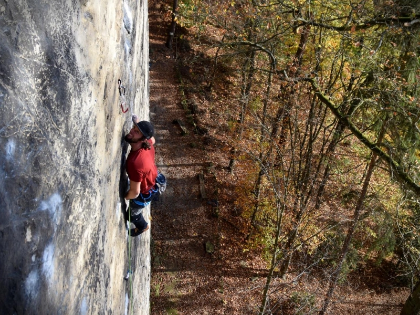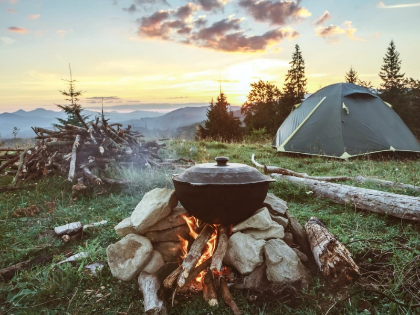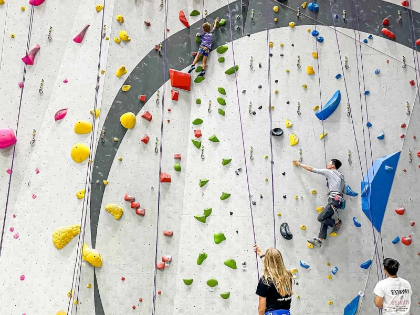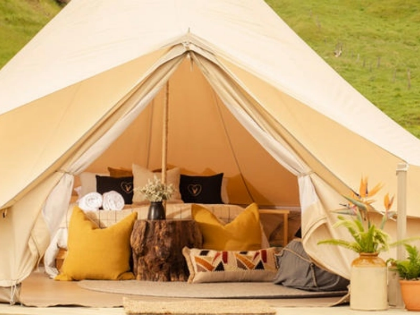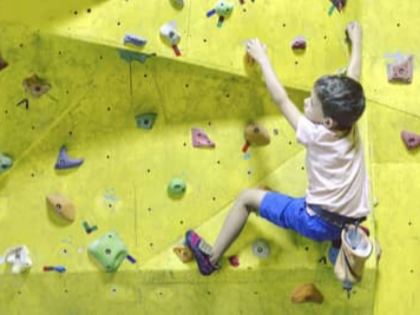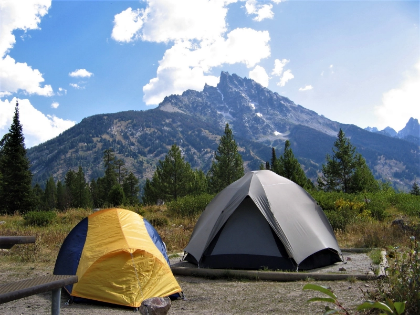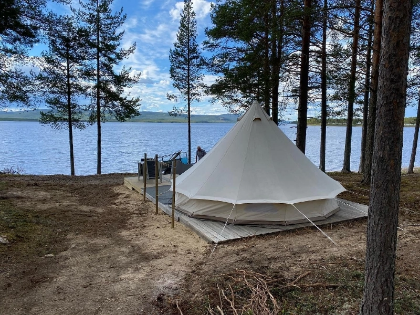What Age is Appropriate For Camping?
Family camping trips are enjoyable for kids of all ages. Their eyes may be opened to the natural world through the experience, including the stars and a beetle weaving its web. However, factors other than only your child's age and grade determine the ideal age to send them to sleepaway camp. Their degree of emotional development is another factor.
Ages 6 to 8
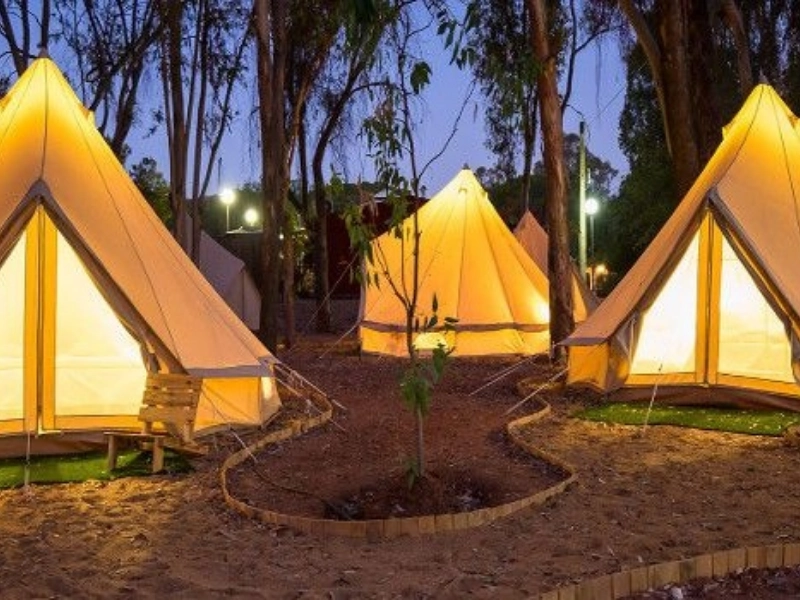
Ages 9 to 12
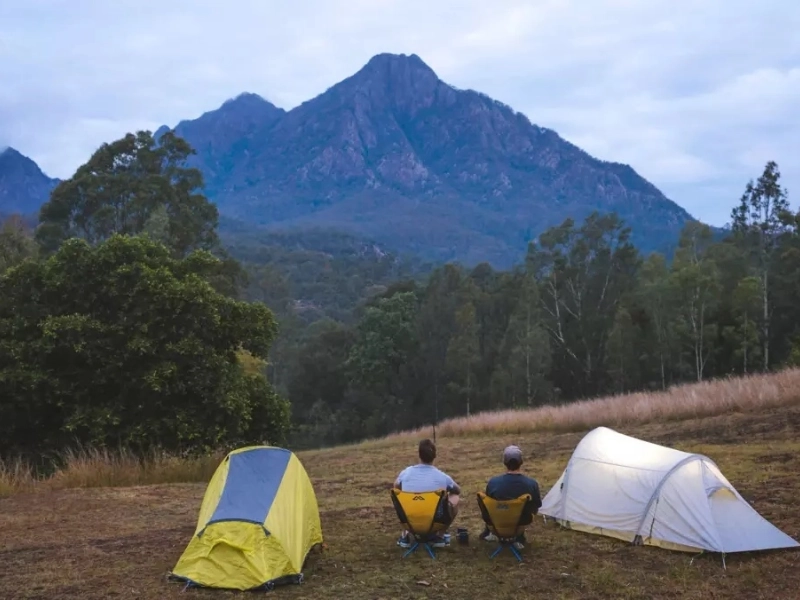 Although it can seem premature to enrol your child in a sleepaway camp, there are several considerations to consider when choosing the right time for your child to attend. While some kids might be prepared for sleep-away camps as early as age six or seven, others might not be until age ten or eleven.
When choosing a camp age, it's also critical to take into account a child's comfort level with being away from home and their capacity to handle homesickness. Youngsters who participate in sleepaway camps can overcome their homesickness before they hit adolescence.
Children at this age will enjoy exploring their campsite as they are starting to become mobile. When your children are playing outside, make sure you establish some ground rules for them. For example, don't let them go too far from the campsite or close to potentially harmful areas like poison oak or a drop-down. At this point, you might wish to limit their toys to encourage more outdoor play and natural education.
Although it can seem premature to enrol your child in a sleepaway camp, there are several considerations to consider when choosing the right time for your child to attend. While some kids might be prepared for sleep-away camps as early as age six or seven, others might not be until age ten or eleven.
When choosing a camp age, it's also critical to take into account a child's comfort level with being away from home and their capacity to handle homesickness. Youngsters who participate in sleepaway camps can overcome their homesickness before they hit adolescence.
Children at this age will enjoy exploring their campsite as they are starting to become mobile. When your children are playing outside, make sure you establish some ground rules for them. For example, don't let them go too far from the campsite or close to potentially harmful areas like poison oak or a drop-down. At this point, you might wish to limit their toys to encourage more outdoor play and natural education.
Ages 13 to 15
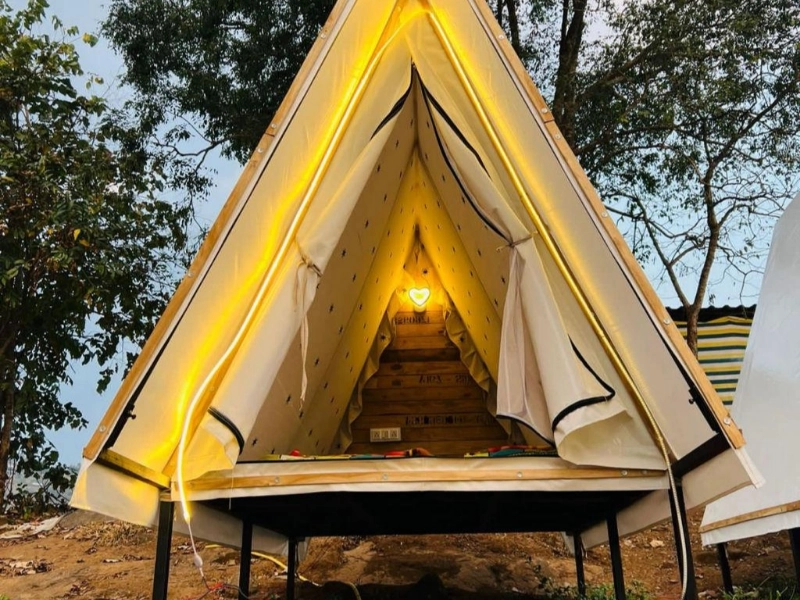 Children can be rather independent at camp at this age. They might put their clothes away, brush their teeth, and use the restroom without you (if they are reminded). They can also obtain a good night's sleep, which helps them pay attention in class and pick up tips from their peers.
They can be inspired to attempt new things and comprehend a variety of camping activities. In addition to taking part in a leadership programme with older teens, they can assist with running their campsite. Adolescents can practice being team players and understanding fair play in sports at this age.
If your child is reluctant to spend the night away from home, ask other parents whose children attend camp how much they love it. Another method to introduce kids to the concept is by having them visit websites and attend information sessions about camps. If kids show interest in the future, think about locating a sleepaway camp that can accommodate them.
Children can be rather independent at camp at this age. They might put their clothes away, brush their teeth, and use the restroom without you (if they are reminded). They can also obtain a good night's sleep, which helps them pay attention in class and pick up tips from their peers.
They can be inspired to attempt new things and comprehend a variety of camping activities. In addition to taking part in a leadership programme with older teens, they can assist with running their campsite. Adolescents can practice being team players and understanding fair play in sports at this age.
If your child is reluctant to spend the night away from home, ask other parents whose children attend camp how much they love it. Another method to introduce kids to the concept is by having them visit websites and attend information sessions about camps. If kids show interest in the future, think about locating a sleepaway camp that can accommodate them.
Ages 16 to 18
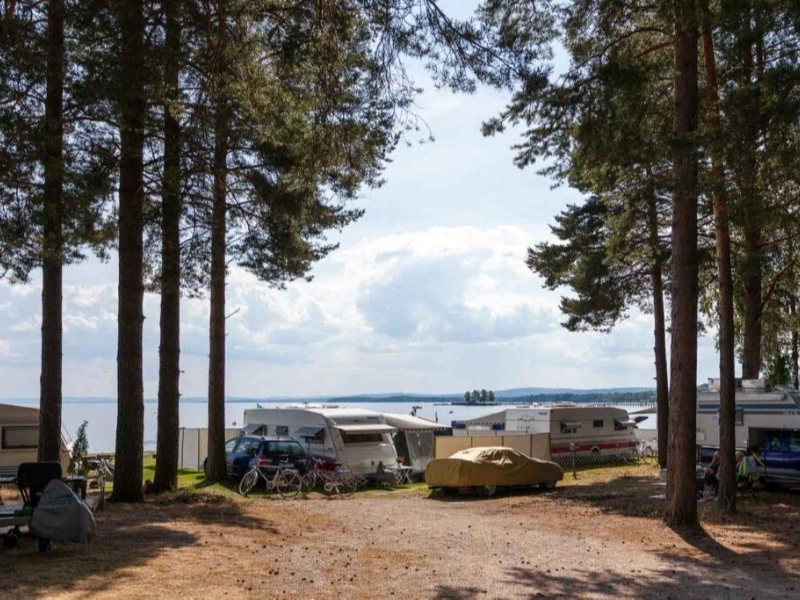 At this age, most children are eager to play and interact with their classmates while their parents are not around. It's a fantastic chance to experience nature and gain independence and confidence.
At this age, some children beg to go to camp, which is encouraging. Nonetheless, pressuring a youngster to go to sleepaway camp too soon is not a smart idea. When a child is reluctant to go to school at age 9 or 10, they are probably going to be reluctant when they are 13 and may never get over their homesickness.
Get your children involved in camp chores to give them a sense of accomplishment and independence. Give children the freedom to set up a tent by themselves or to prepare dinner one evening. Include children in other spiritually uplifting events and devotions, such as the Friday closing beads and the Sunday "I'm Third" devotion.
At this age, most children are eager to play and interact with their classmates while their parents are not around. It's a fantastic chance to experience nature and gain independence and confidence.
At this age, some children beg to go to camp, which is encouraging. Nonetheless, pressuring a youngster to go to sleepaway camp too soon is not a smart idea. When a child is reluctant to go to school at age 9 or 10, they are probably going to be reluctant when they are 13 and may never get over their homesickness.
Get your children involved in camp chores to give them a sense of accomplishment and independence. Give children the freedom to set up a tent by themselves or to prepare dinner one evening. Include children in other spiritually uplifting events and devotions, such as the Friday closing beads and the Sunday "I'm Third" devotion.

